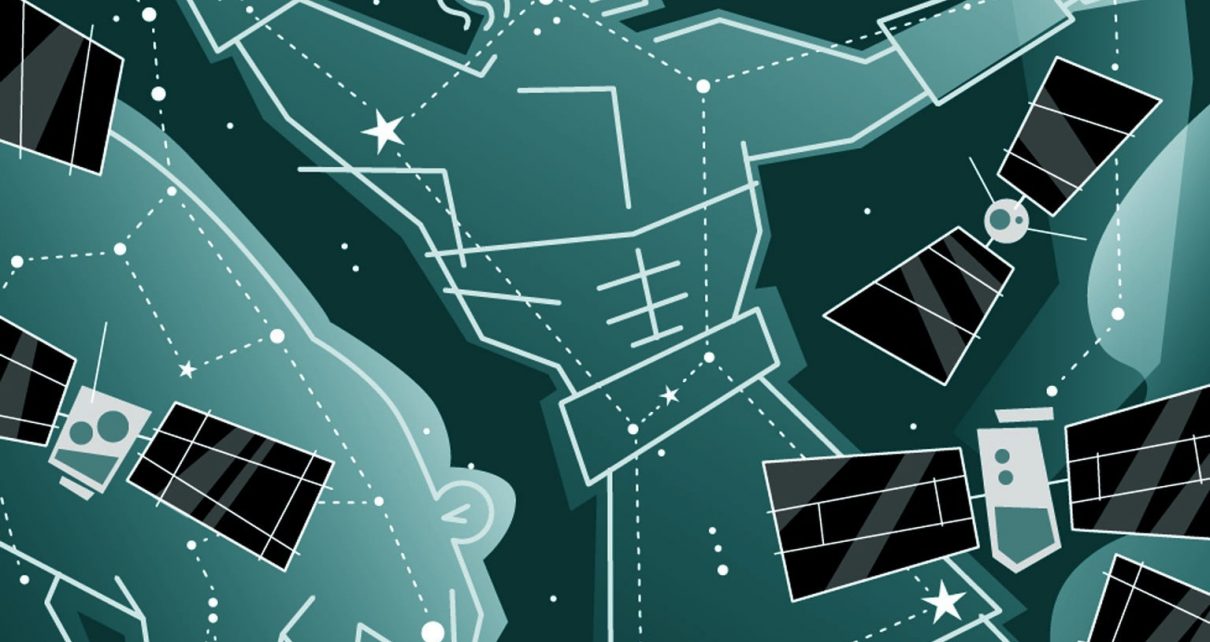The company SpaceX has already launched hundreds of its Starlink satellites, with plans to put as many as 42,000 of them in Earth orbit. Its goal is to provide high-speed Internet to billions of people. Moving toward that kind of access is laudable and important, but it comes at a cost. Glittering with reflected sunlight, these first orbiters, sent up in the past year, are brighter than 99 percent of the 5,000 or so other satellites now circling Earth, and obviously there are going to be a lot more [see “Satellite Surge”]. This proliferation is bad for astronomy: the probability of a Starlink satellite crossing a telescope’s field of view and ruining an observation will be quite high near sunrise and sunset, when the objects are most brightly illuminated. For that reason, more than 1,800 of my fellow astronomers have signed a petition calling for governments to protect the night sky from this incursion.



